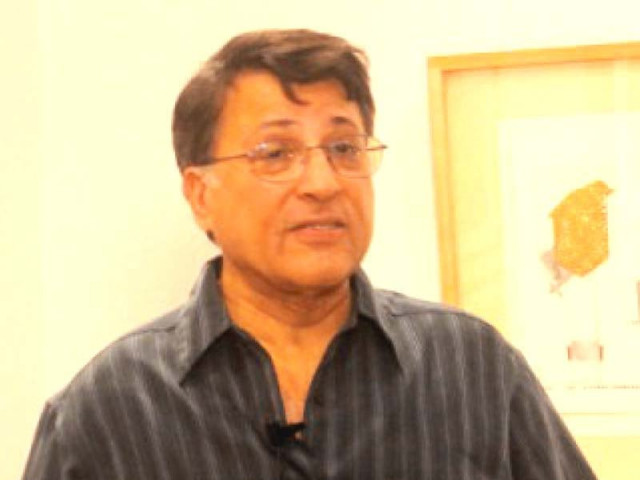Hoodbhoy feels restructuring better than saving old HEC
Physicist Pervez Hoodbhoy points out flaws within the existing structure.

Instead of saving the existing Higher Education Commission (HEC), it should be restructured, suggested Pervez Hoodbhoy.
The physicist, at The Second Floor on Friday, spoke about the restricted mandate of the HEC, which has already collapsed due to corruption.
He described HEC’s performance in the past 10 years as a drive to achieve numbers rather than quality. There was a huge expansion in universities when colleges were upgraded, which, he believed, was a good thing to a certain extent. But expansion had to keep some kind of quality and that wasn’t there, he pointed out.
Around 12,000 students were sent abroad for PhDs, but they should have been chosen to be “the best of the best” and unfortunately that was not the case, he said.
Hoodbhoy felt that the idea of mega projects - such as, establishing European universities in Pakistan and buying equipment such as the pelletron accelerator - created an absolute mess in the HEC and the remaining things were spoiled by corruption. HEC spent around Rs400 million to import the pelletron machine, which not only became outdated in the 1970s but also had no use in Pakistan, he said, describing the machine as “a good museum piece”.

Plagiarism also became common once the commission stressing more on quantity rather than quality. “There was a rush to write research papers and some people started producing as many as 50 papers a year,” said Hoodbhoy. “The quality of research papers was far below the international standards - these scholars started becoming teachers and bad teachers started producing bad students.”
Citing examples of bad papers, Hoodbhoy pulled up a research paper published on HEC’s website on ‘chromotherapy’ that described a method through which one can be cured just by looking at different colours. Hoodbhoy showed the same paper to a Nobel laureate physicist, who called the paper “rubbish” and proved how the theory was flawed. But HEC’s former chairperson Javed Laghari simply shrugged and said that, “Nobel Prize winners have their own opinions.”
The idea behind establishing the HEC was that “much good will come once a great amount of money is spent, but that was not the case”.
Published in The Express Tribune, December 23rd, 2012.



















COMMENTS
Comments are moderated and generally will be posted if they are on-topic and not abusive.
For more information, please see our Comments FAQ